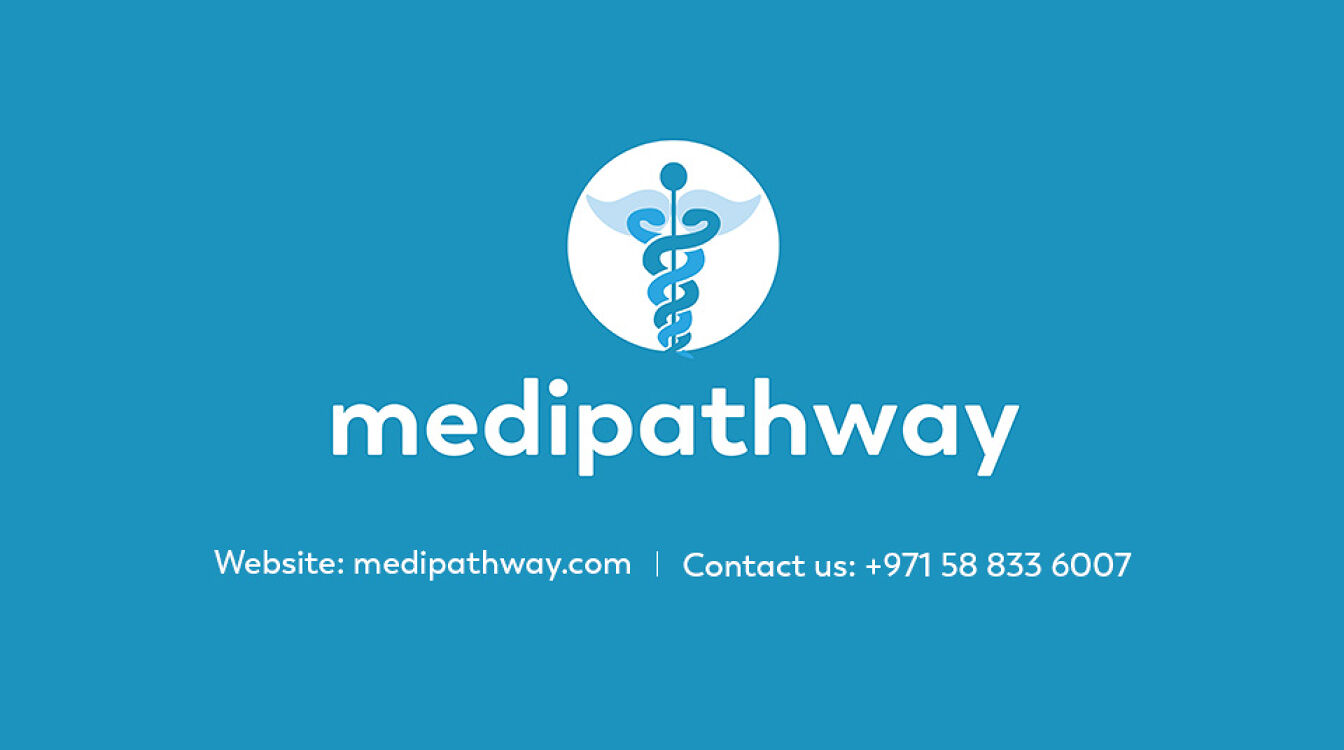Medipathway: Pursuing Excellence: A Comprehensive Guide to Studying Medicine in the UK
Setting off on a path to study medicine in the UK is an admirable endeavor that calls for enthusiasm, commitment to quality, and dedication. The United Kingdom boasts a long history of generating top-notch medical experts, making a medical degree earned there a gateway to a fulfilling and demanding career. In this extensive book, we will explore all the nuances of studying medicine in the UK, covering everything from the application procedure to the challenging medical school coursework.
The Application Process
Securing a place in a UK medical school is a highly competitive process that demands careful planning and meticulous attention to detail. The first step is to choose the right medical school for your aspirations. The UK boasts renowned institutions such as Oxford, Cambridge, Imperial College London, and many others. Each school has unique strengths, so it's crucial to research thoroughly and align your preferences with their offerings.
The next step is to navigate the complex UCAS (Universities and Colleges Admissions Service) application system. This centralized application process allows you to simultaneously apply to up to four medical courses. Your application should include academic qualifications, personal statement, reference letters, and, in some cases, results from the UK Clinical Aptitude Test (UKCAT) or Biomedical Admissions Test (BMAT).
Academic Requirements
Medicine is demanding, and UK medical schools have stringent academic requirements. Typically, applicants are expected to have a strong science background, including Biology and Chemistry. Achieving high grades at A-levels or equivalent qualifications is crucial. Some universities may also consider non-traditional qualifications or mature students, but the emphasis remains on academic excellence.
Personal Statement
Crafting a compelling personal statement is a vital component of your application. This is your opportunity to showcase your passion for medicine, relevant experiences, and the attributes that make you a suitable candidate. Reflect on your work experience, volunteering, and extracurricular activities, emphasizing how these have shaped your desire to pursue a medical career. Be genuine and demonstrate your understanding of the challenges and responsibilities of the profession.
Admission Tests
Many medical schools in the UK require applicants to take either the UKCAT or BMAT. These standardized tests assess cognitive abilities, critical thinking, and scientific knowledge. Preparing thoroughly for these exams is crucial, as they play a significant role in the selection process. Numerous resources, including practice exams and study materials, are available to help you excel in these tests.
Interviews
If your application is successful, you may be invited for an interview. This is a critical stage where the admissions team evaluates your interpersonal skills, communication abilities, and ethical reasoning. Prepare for interviews by researching common medical interview questions, practicing with peers or mentors, and reflecting on your experiences and motivations for pursuing medicine.
The Medical School Journey
Once accepted into a medical school, the real journey begins. The intense curriculum encompasses theoretical knowledge, practical skills, and clinical experience. The first two years typically focus on foundational sciences, while the latter years involve clinical rotations and hands-on experience in hospitals and healthcare settings.
Embrace the academic challenges with a growth mindset, understanding that each lesson and experience contributes to your development as a future healthcare professional. Engage actively in lectures, participate in discussions, and seek additional learning opportunities.
Clinical Placements
One distinctive feature of medical education in the UK is the emphasis on clinical placements. These experiences allow students to apply theoretical knowledge in real-world healthcare settings. Engage proactively with patients, healthcare teams, and mentors; these interactions contribute significantly to your learning and professional development.
Electives and Research Opportunities
Many medical schools encourage students to undertake elective placements and research projects. Electives allow you to explore specific medical specialties or gain international experience. Engaging in research enhances your understanding of evidence-based medicine and contributes to advancements in healthcare. Seek guidance from professors and mentors to identify opportunities aligned with your interests.
Balancing Academics and Well-being
The journey through medical school is undoubtedly challenging, but it's essential to prioritize your well-being. Balancing academic demands with self-care is crucial for long-term success. Develop practical time management skills, establish a support network, and seek help if you encounter challenges. Mental and physical well-being are integral to your ability to provide quality care in the future.
Professional Development
Throughout your medical education, focus on professional development. Attend conferences, workshops, and networking events to connect with healthcare professionals and stay updated on advancements in the field. Join medical societies, participate in community service, and cultivate a lifelong commitment to learning and improvement.
Preparing for the Foundation Years
Upon completing your medical degree, you enter the Foundation Years, a period of supervised practice that bridges the gap between medical school and full licensure. This stage involves rotations in various specialties, allowing you to explore different areas of medicine before choosing a specific career path.
Continuing Professional Development
As a licensed medical professional, the journey of learning never truly ends. Engage in continuous professional development by pursuing postgraduate qualifications, attending conferences, and staying informed about the latest research. Embrace the opportunity to specialize in a particular area or pursue further academic endeavors.
Wrap-up
Studying medicine in the UK is a transformative journey that requires dedication, resilience, and a passion for improving the lives of others. From navigating the application process to excelling in medical school and beyond, pursuing excellence continuously shapes you into a competent and compassionate healthcare professional. Embrace the challenges, seize the opportunities, and embark on a fulfilling career dedicated to healing and serving humanity.
.jpg)





Comments
Post a Comment